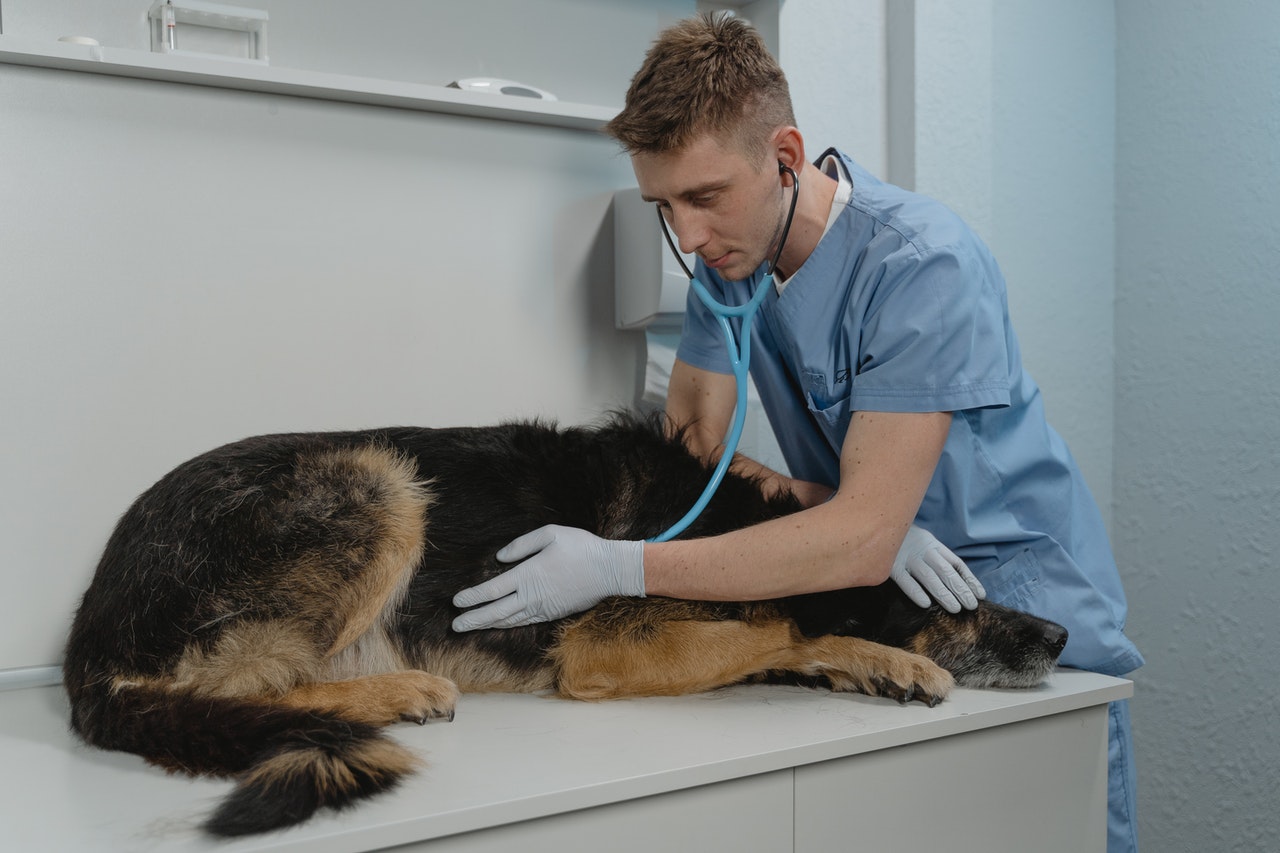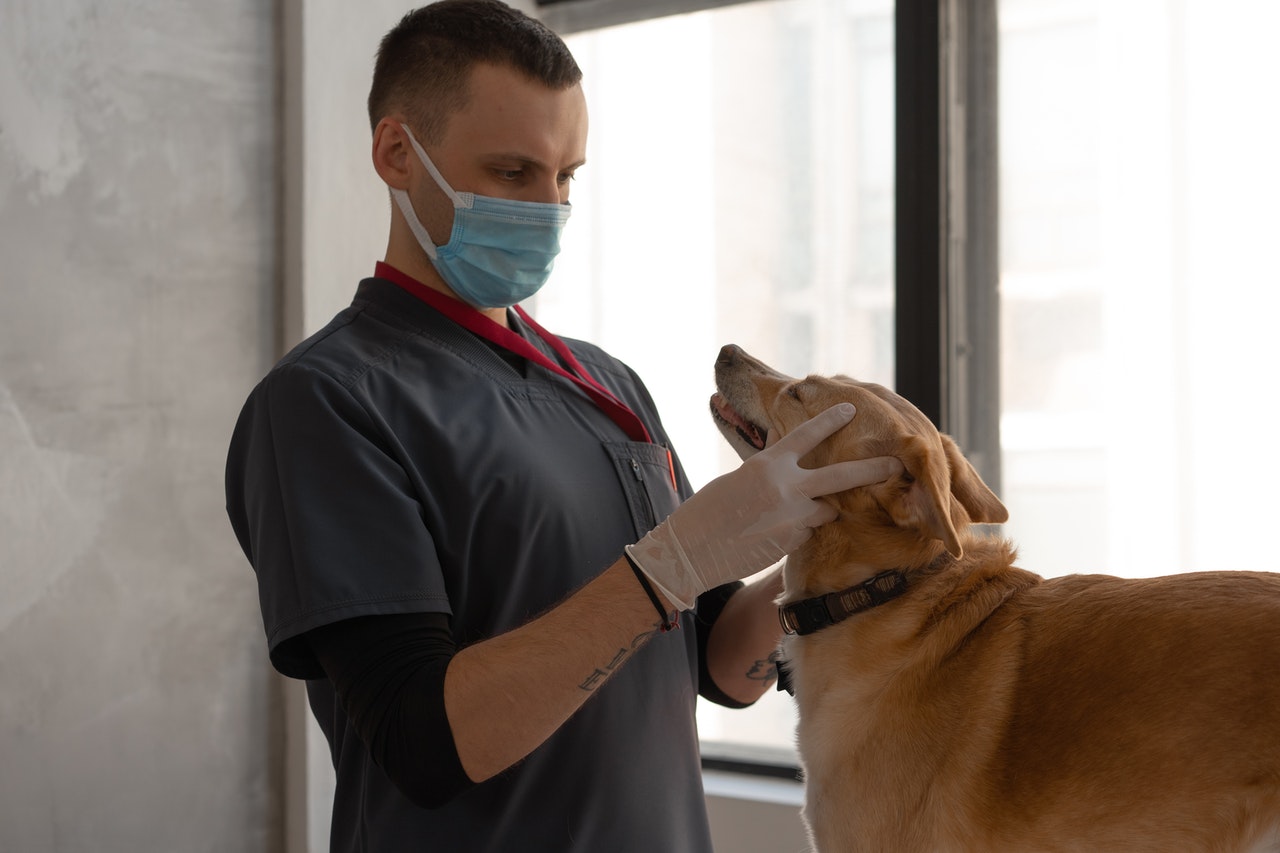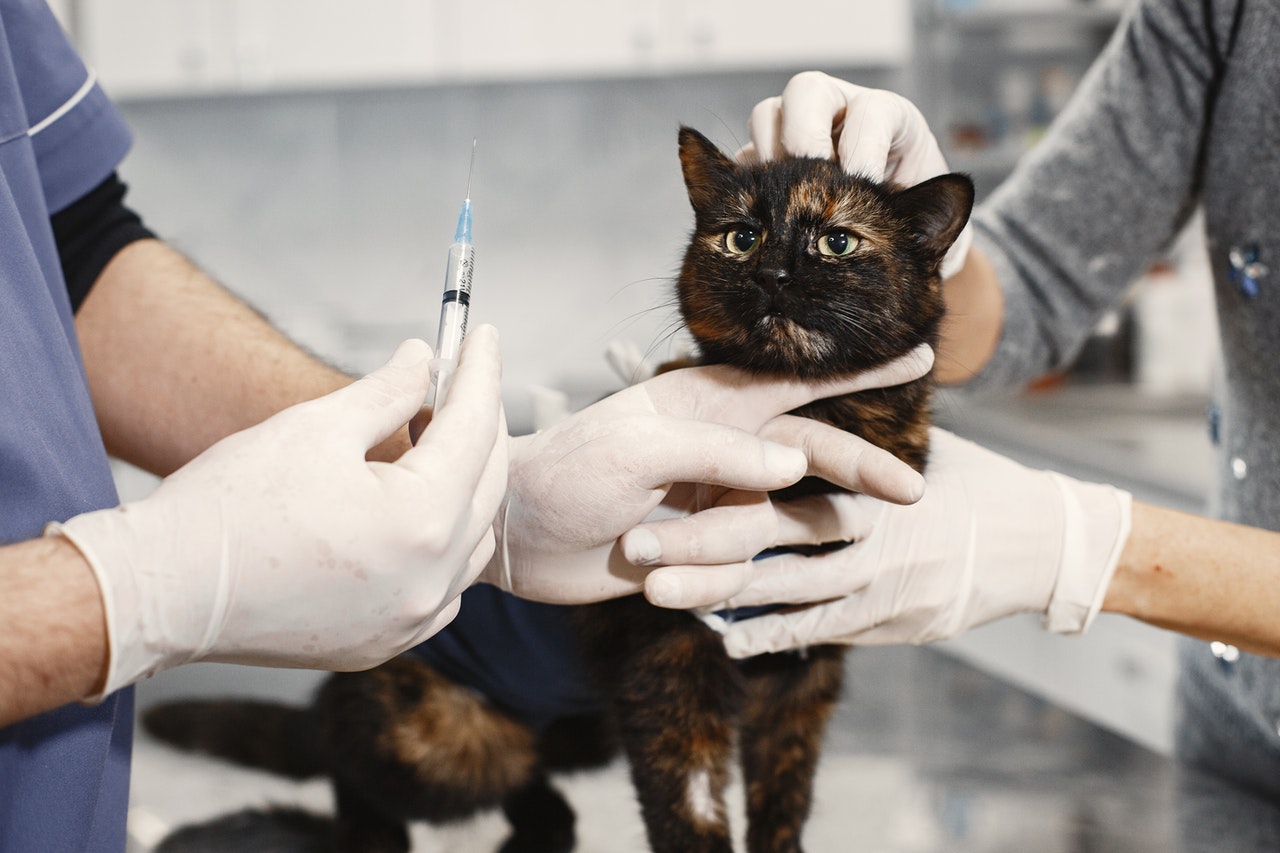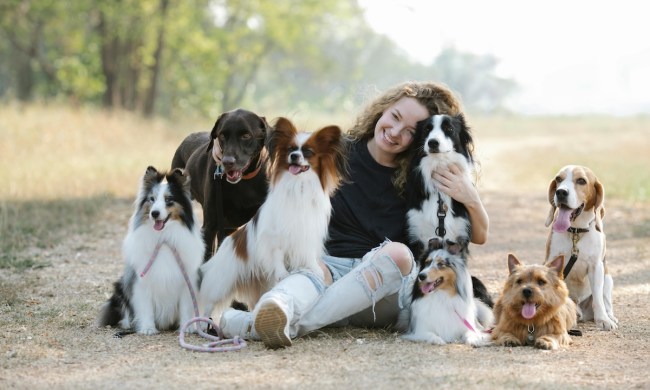Does your pet seem to be feeling a little under the weather? Unfortunately, our pets can’t tell us when they feel ill. If you notice your pet experiencing nasal discharge, runny eyes, sneezing, or coughing, then it’s obvious your fur baby isn’t feeling well, and it’s possible she has kennel cough. The symptoms of kennel cough most often resemble the human cold and usually pass quickly in healthy pets. However, if left untreated, kennel cough can progress to a serious illness like pneumonia. Wondering what to do for kennel cough? We’ll go over what you need to know — most importantly, how to cure kennel cough at home.

What is kennel cough?
Just like you can contract respiratory infections such as bronchitis and pneumonia, so can your pets. Kennel cough, the layman’s term for infectious tracheobronchitis, is a respiratory illness ubiquitous in multi-animal spaces like kennels, pet daycares, and shelters. Your pet can contract this highly contagious illness through direct or indirect contact with infected animals, aerosolized droplets from coughing and sneezing, and contaminated objects like toys and bowls.
Any of your fur babies — even your cats — can develop kennel cough, but unvaccinated pets and young puppies and kittens are particularly susceptible. Kennel cough is also zoonotic, meaning you can catch the illness from your pets. It’s rare, but the bacteria responsible for most kennel cough infections, Bordetella bronchiseptica, can infect the immune-compromised, young children, and seniors. Wash your hands thoroughly after touching your pet or any surfaces she’s come into contact with, clean your pet’s dishes, and wash her bedding and toys if you suspect your fur baby is ill.
Recognizing the symptoms of kennel cough
Kennel cough has different symptoms in cats and dogs, but you’ll find a few commonalities. Here’s what you should look out for:
- Loss of appetite
- Lethargy
- Fever
- Nasal discharge
- Breathing difficulties
- Discharge from eyes
- Running or crusty eyes
- Coughing, often accompanied by a honking sound (more common in dogs)
- Retching, often accompanied by the production of white foam
- Sneezing
- Exercise intolerance (more common in cats)
- Swollen lymph nodes in the jaw or armpits
Kennel cough typically runs its course in seven to 21 days, and severe infections are rare. However, a trip to the vet is never a bad idea, as the symptoms of kennel cough overlap with the symptoms of serious illnesses like asthma, heart disease, and pneumonia.

Treating kennel cough at home
Due to its infectious nature, isolating your sick cat or dog from your other pets is the first step you’ll need to take if you suspect your fur baby has kennel cough. Sanitize any surfaces your pet has come into contact with recently, including toys, bedding, bowls, and scratching posts. (Now is a good time to throw out any of those ratty cardboard scratching toys and old chew toys lying around the house.) Washing your bedding is also a must if your pet sleeps on your bed. In most cases, the prescribed treatment for kennel cough is plenty of water, a balanced, nutritious diet, and lots of rest while your pet recovers in quarantine. Here are a few things that can help:
Ease your pet’s coughing
Coughing is miserable, but you can help soothe your pet by mixing a small amount of honey into warm water — ½ tablespoon to 1 full tablespoon, depending on your pet’s size — up to three times a day. Your veterinarian may also prescribe a guaifenesin-based cough syrup like Children’s Mucinex or Temaril-P to help thin out respiratory secretions and suppress your fur baby’s cough. (Please consult your veterinarian regarding the correct dosage for your cat or dog.)
Make sure there’s enough humidity
Keeping your fur baby in a slightly humid environment is essential for keeping her respiratory tract moist. A dry respiratory tract can lead to irritation and nosebleeds. It can also worsen existing infections. Try placing a humidifier in the room with your pet while she recovers, and make sure you sanitize it before reusing it elsewhere.
Keep your home clean
Exposure to dust, scented cleaning solutions, air fresheners, and cigarette smoke can worsen your pet’s condition and slow her recovery time. Keep her space clean, use unscented products, and don’t smoke indoors while your pet is recovering.
Change up their walks
Try walking your dog using a harness instead of a collar. Because collars put mild pressure on the trachea, they may be uncomfortable for your pooch to wear while ill. Limit her time outdoors in hot and cold weather, as extreme temperatures can make your pup feel even worse.
If your pet’s symptoms worsen or the infection lasts longer than three weeks, you’ll need to take her to the vet. Severe cases of kennel cough may require antibiotics, IV fluids, and oxygen therapy.

Preventing kennel cough
Kennel cough is extremely unpleasant, but it’s generally mild and short-lived. Vaccinating your pets — there’s a Bordetella vaccine available for cats, too — will help dramatically lower the risk of your fur baby contracting this nasty infection. The vaccine isn’t 100% effective, but it helps reduce the severity of symptoms if your pet becomes infected. A diagnosis of kennel cough can be scary, but it doesn’t have to be. Keep your home clean, make sure your pet gets plenty of rest, give her something for her cough, and she should recover in no time.



